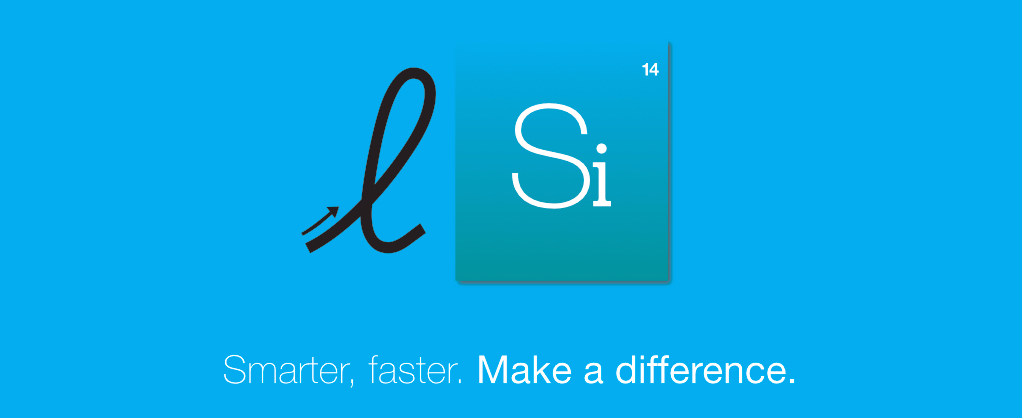
The table below summarizes criteria that you should consider to identify the appropriate approach for your online learning needs.

The table below summarizes criteria that you should consider to identify the appropriate approach for your online learning needs.
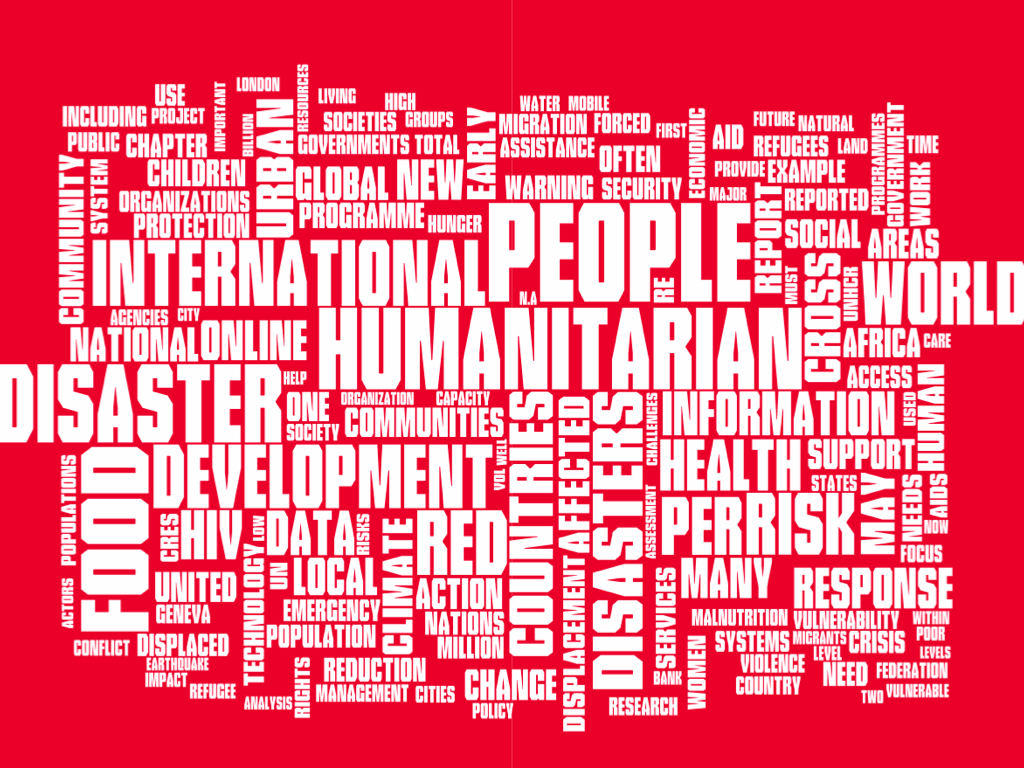
I’ve just posted on LSi.io a comprehensive (65-minute) presentation intended for humanitarian managers and decision makers working in organizations without prior experience in online or distance learning. It includes numerous practical examples and case studies, as well as a description of the best available learning theory and best practice approaches most appropriate for the humanitarian learning context.

Toby Mundy on books as thick knowledge: “[…] Books have a unique place in our civilisation […] because they are the only medium for thick descriptions of the world that human beings possess. By ‘thick’ description, I mean an extended, detailed, evidence-based, written interpretation of a subject. If you want to write a feature or blog or wikipedia entry, be it about the origins of the first world war; the authoritarian turn in Russia;
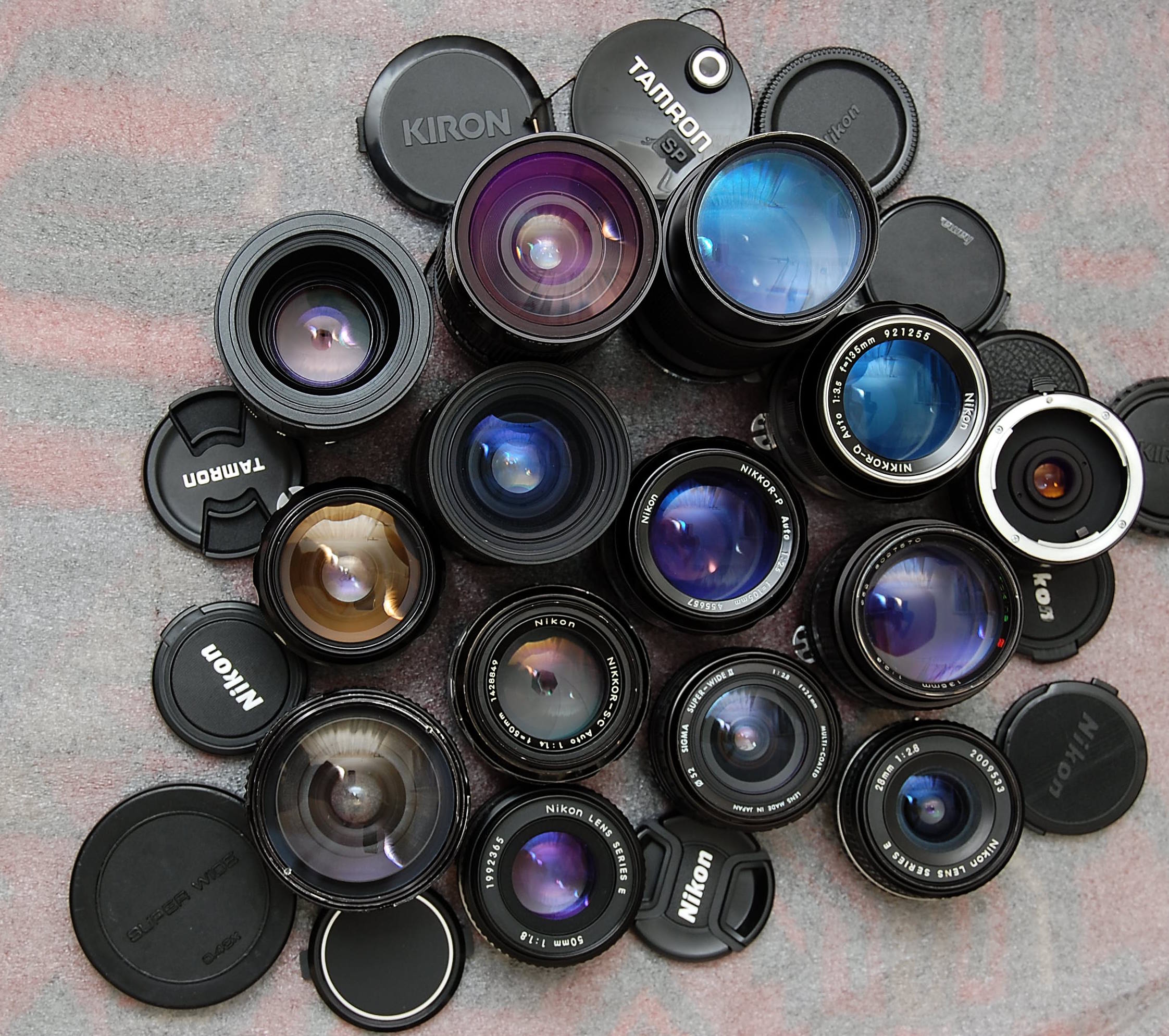
“Knowledge is the economy. What used to be the means has today become the end. Knowledge is a river, not a reservoir. A process, not a product. It’s the pipes that matter, because learning is in the network.” – George Siemens in Knowing Knowledge (2006) Harnessing the proliferation of knowledge systems and the rapid pace of technological change is a key problem for 21st century organizations.
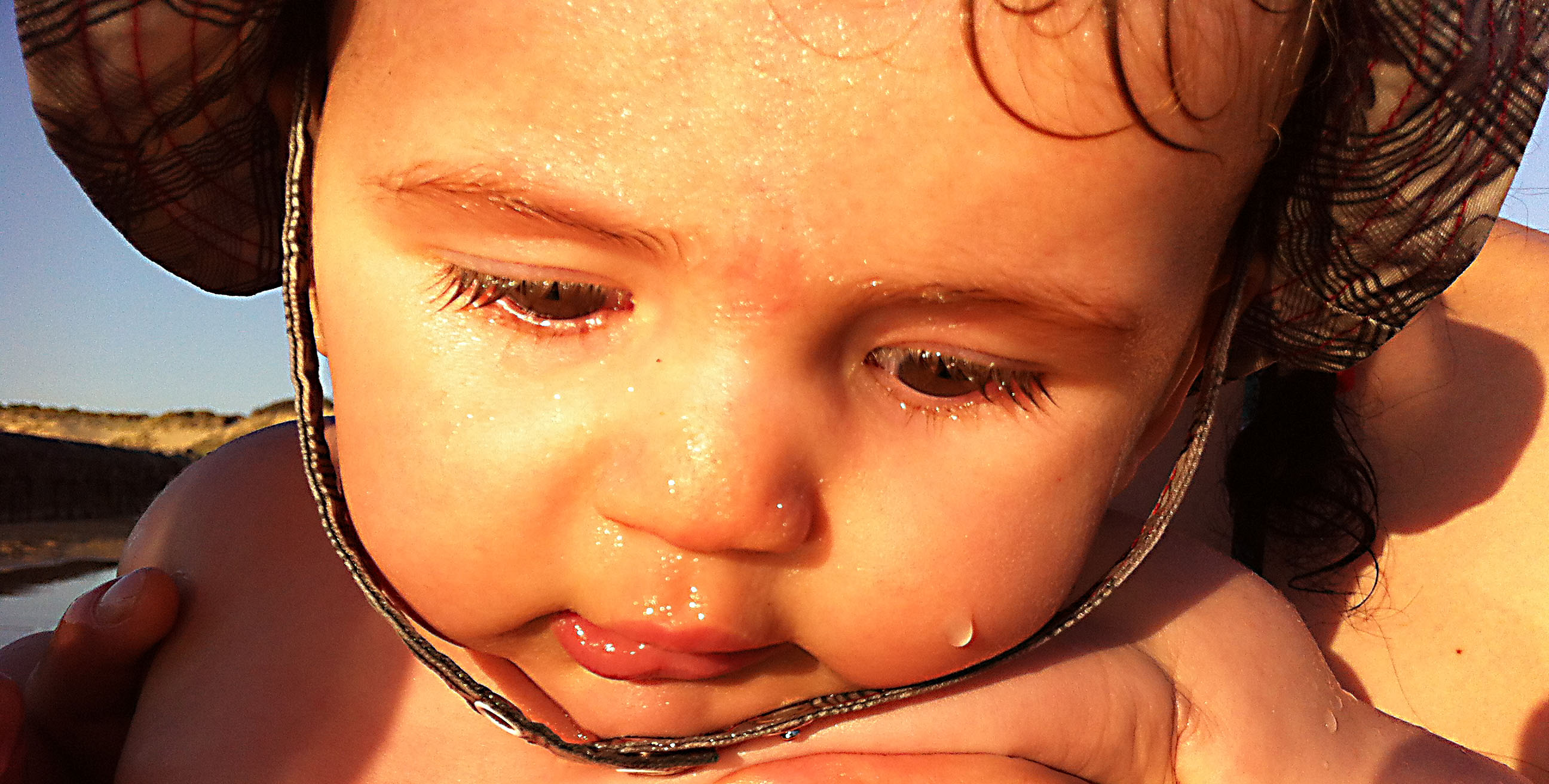
Alan Todd, Founder and CEO, Corp U: Today’s workplace culture is evolving at a break-neck pace as technological advances, shifting demographics, and new economic realities force corporations to reorganize, on average, every seven months. The challenge is real. Fortunately, so are the solutions.

“What is clear is that a learning rich culture will emphasize informal learning and more open learning designs rather than relying only on formal training approaches. The learning infrastructure consists of all of the formal, informal, and incidental activities, systems, and policies that promote individual, team, and organizational learning and knowledge creation.” Source: Watkins, K., 2013. Building a Learning Dashboard. The HR Review 16–21.
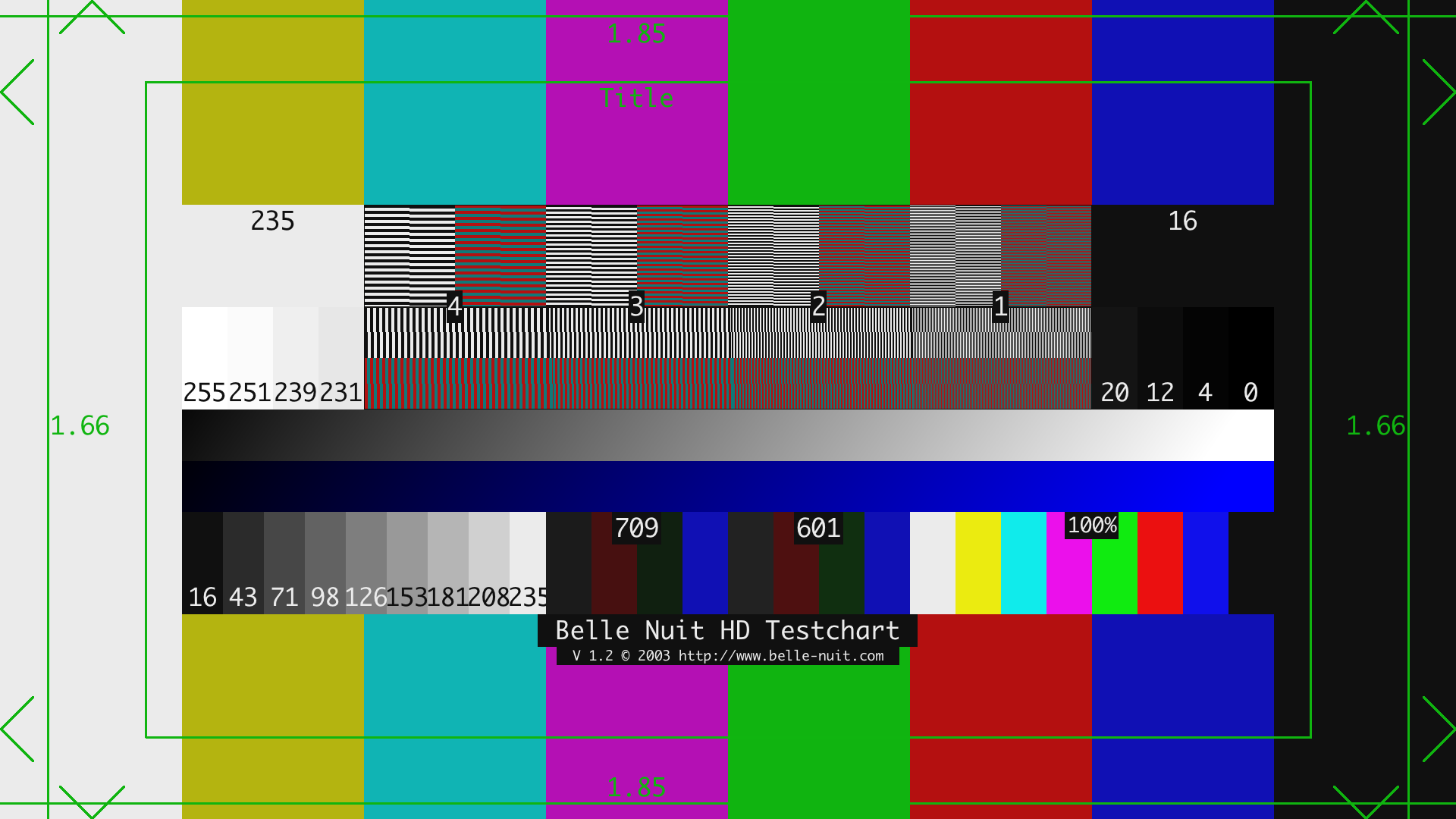
(No, this is not a post about the Apple keynote meltdown.) When I started organizing live webcast events for the first time in 2006, they required extensive technical preparation, specialized software and hardware, and – most important – a group of really smart people gifted with more than a little bit of luck to pull off each event.
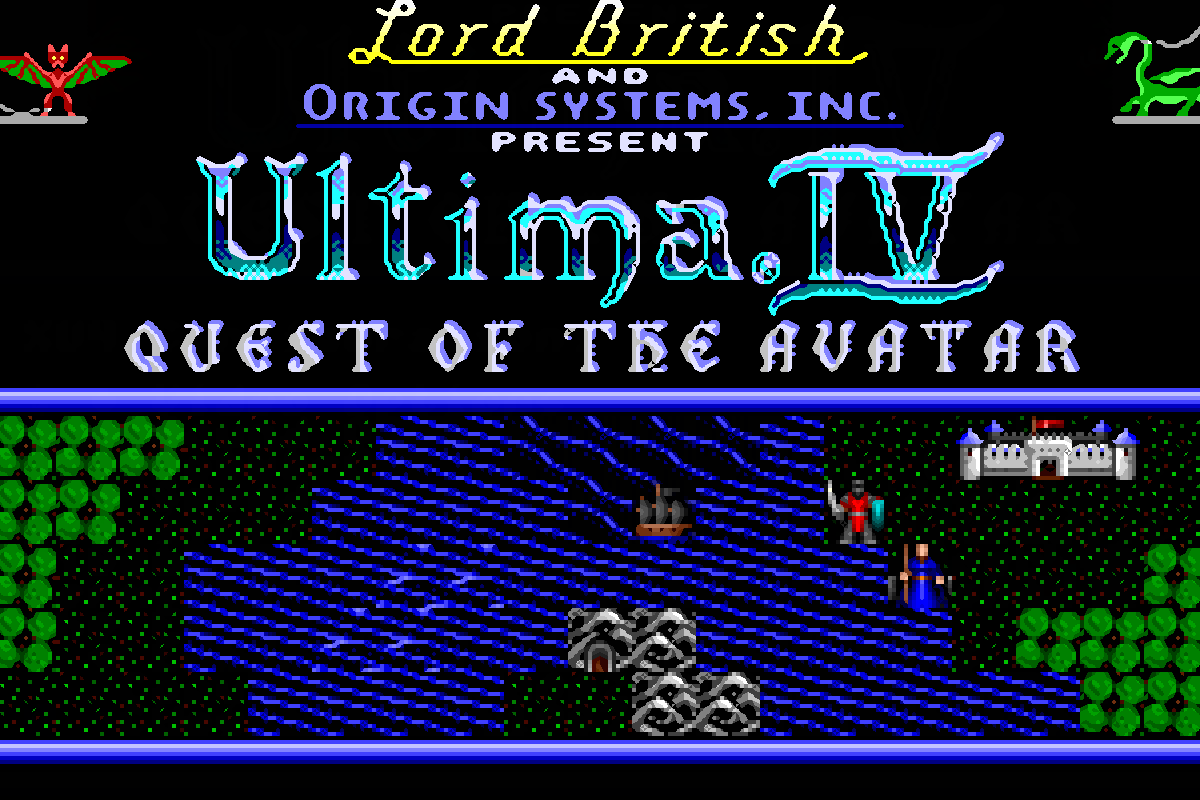
Ben Sawyer is the co-founder of both the Serious Games Initiative (2002) and the Games for Health Project (2004). He is one of the leading experts on the use of game technologies, talent, and design techniques for purposes beyond entertainment. He answered 14 questions by e-mail ahead of his presentation to the IFRC Global Health Team.
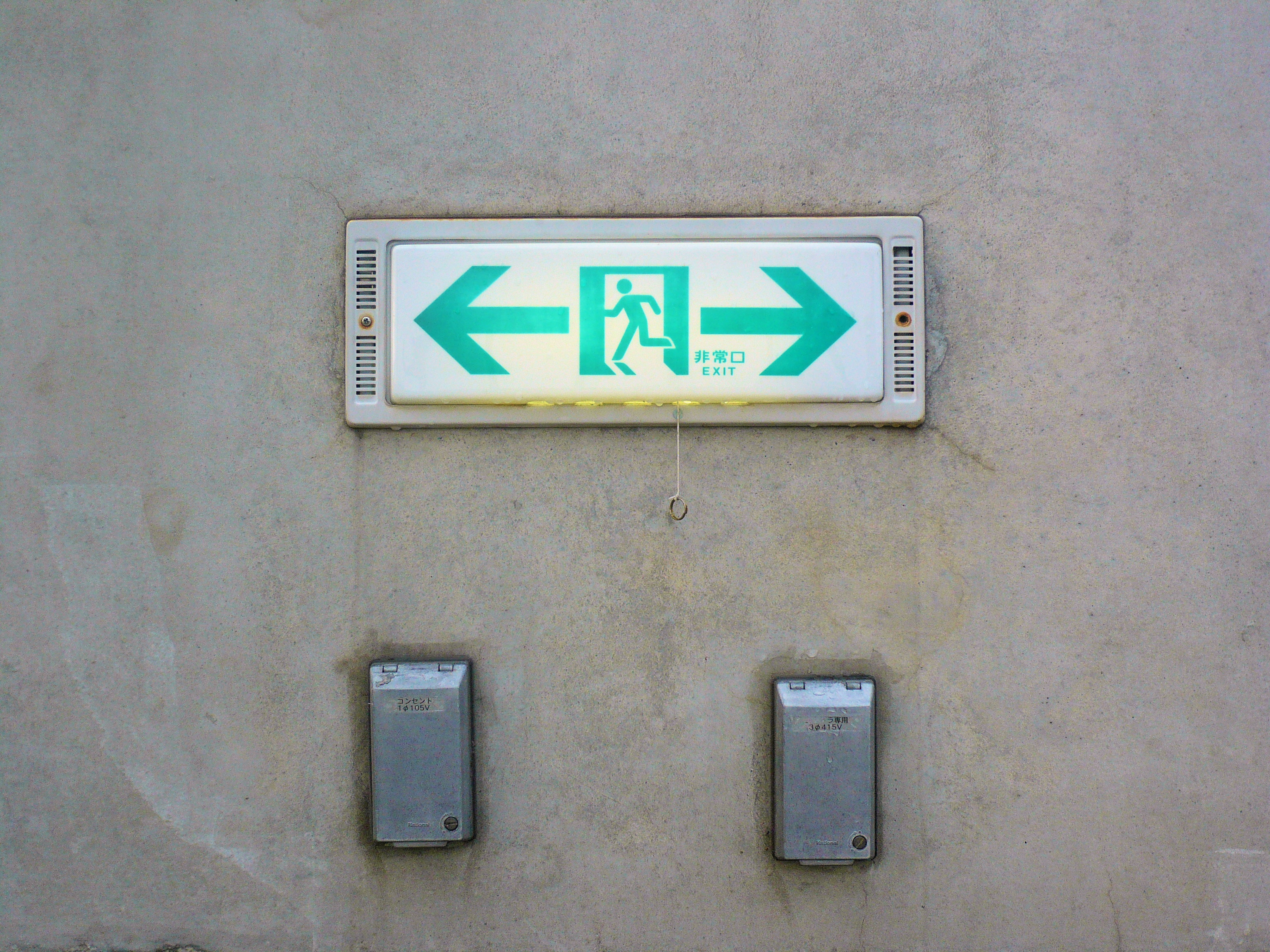
4:35 p.m. “My working hypothesis is that the learning that matters is mostly incidental and informal.” “Maybe,” he smiled. “Yet, my conviction that we need to explore this is grounded in my formal training in knowledge management.” 5:17 p.m. “When we are under-funded and overwhelmed,” he sighed, “is just not the right time to go off on a tangential project!” “I won’t argue with you.

Individually, team members continually learn in their respective area of work, by both formal and informal means. Most learning today happens by accretion, as a continual, networked (‘know-where’), and embedded process. However, occasions to share and reflect on best practice are rare, and may be felt to be interruptions or distractions from the ‘real work’ in one’s silo.